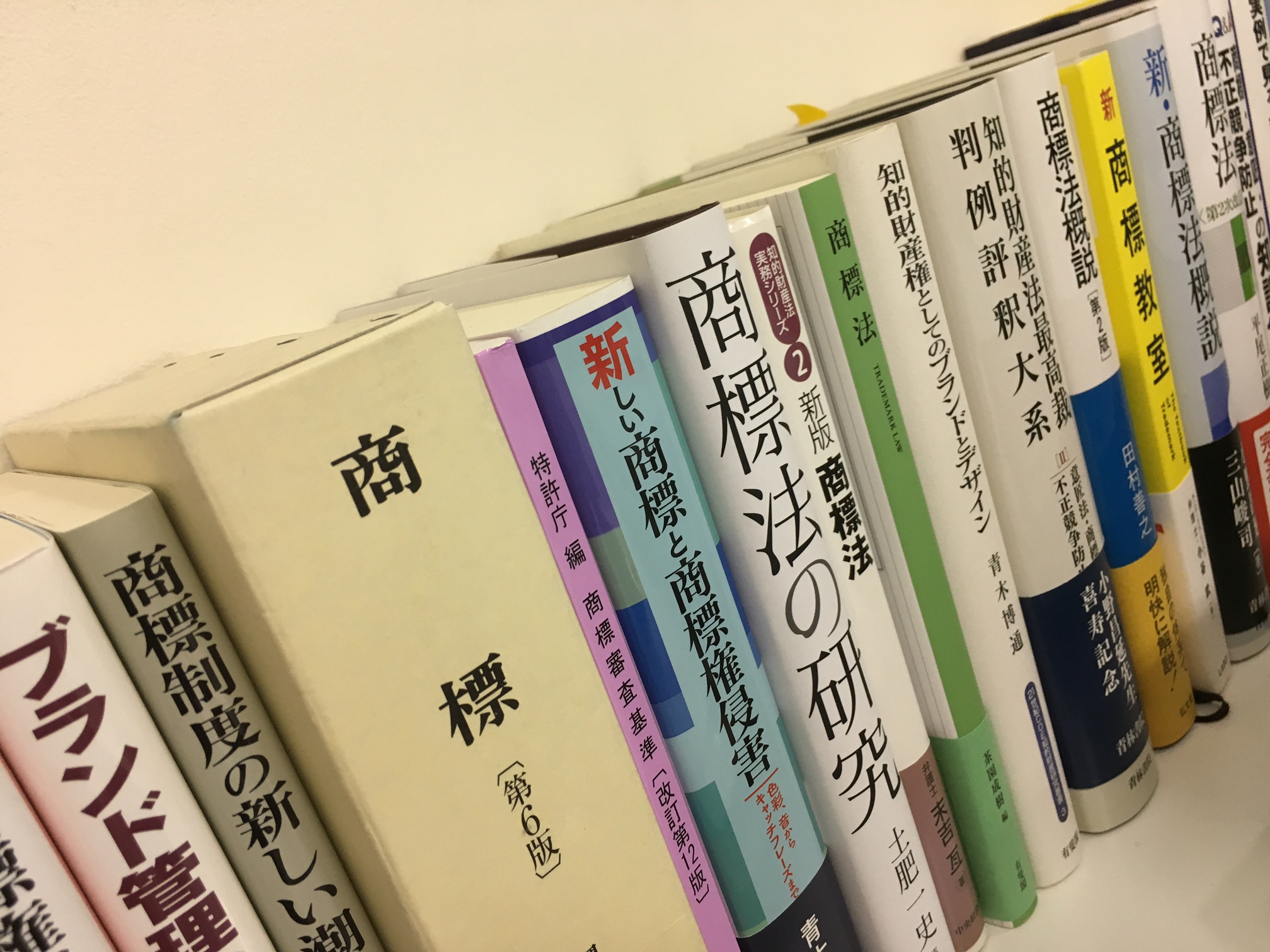The Appeal Board of JPO dismissed examiner’s rejection and admitted registration of a below mark appearing to be a chemical equation in association with the goods of alcoholic beverages, namely, distilled rice spirits, fruit wines, sake substitute, Japanese white liquor, Sake, Chinese liquors, Japanese Shochu-based beverages, Naoshi [Japanese liquor], Flavored tonic liquors, Japanese sweet rice-based mixed liquor, and western liquors in class 33. [Appeal case no. 2016-17500]
[Mark in question]

Initial examination
At an initial examination, the JPO examiner refused the mark [TM application no. 2015-111054] based on Article 3(1)(vi) of the Trademark Law by concluding that the mark, representing a chemical equation to generate ethyl alcohol(C2H5OH) and carbon dioxide(CO2) from glucose(C6H12O6) as a whole, can be perceived as a mere indication to appeal the goods produced by alcoholic fermentation in the mind of consumers with an ordinary care when used on alcoholic beverages in class 33.
Article 3(1)(vi) of the Trademark Law
Article 3(1)(vi) is a comprehensive provision aiming to prohibit any mark lacking inherent distinctiveness from being registered.
Any trademark to be used in connection with goods or services pertaining to the business of an applicant may be registered, unless the trademark:
(vi) is in addition to those listed in each of the preceding items, a trademark by which consumers are not able to recognize the goods or services as those pertaining to a business of a particular person.
Baord decision
In the meantime, the Appeal Board stated that ordinary consumers were unlikely to perceive the mark as chemical equation to represent alcoholic fermentation generated from glucose. Besides, there find no circumstance to show the chemical equation has been used frequently as a result of ex officio investigation. Thus, it is groundless to conclude the chemical equation lacks inherent distinctiveness in association with goods of class 33. Provided that the mark does not fall under Article 3(1)(vi), the initial examination loses its ground to refuse and should be dismissed accordingly.
Apparently, the Board paid an excessive attention to circumstance whether chemical equation or chemical formula are commonly used on alcoholic beverages. Even if ordinary consumers are not accustomed to such chemical expressions, I suppose, the JPO should refrain from admitting inherent distinctiveness of the expressions since nobody will consider it as a source indicator in fact.
 Masaki MIKAMI, Attorney at IP Law, Founder of MARKS IP LAW FIRM
Masaki MIKAMI, Attorney at IP Law, Founder of MARKS IP LAW FIRM


Leave a comment